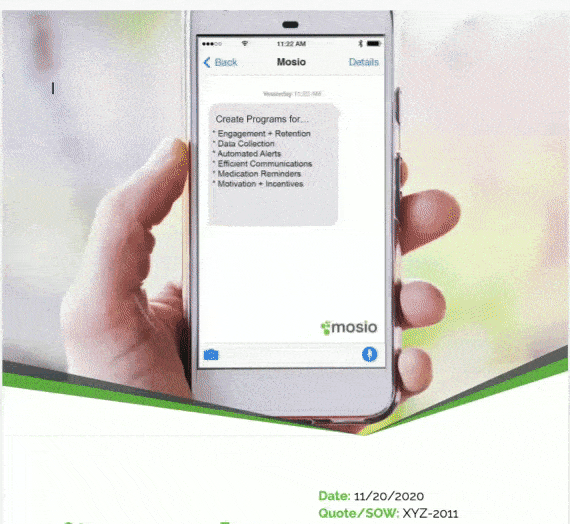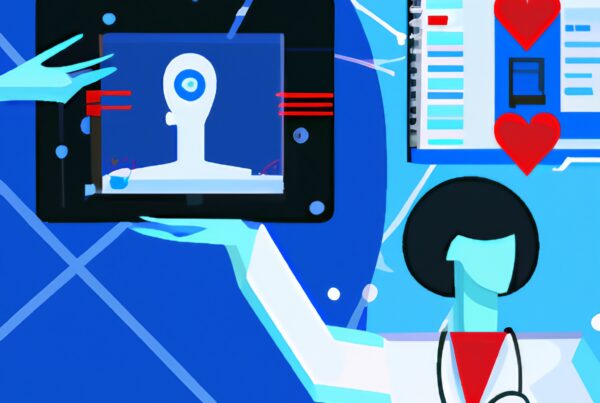As we move into the future of clinical trials, artificial intelligence (AI) is playing a more integral role than ever. AI enables more accurate analyses of data points, faster results that can provide improved accuracy compared to older methods, and technology-driven improvements in identifying patterns within large datasets. In this 7-part series, we will explore how AI is revolutionizing the world of clinical research, from virtual trial design to patient recruitment and safety monitoring during trials through to post-marketing assessments for drug development teams. Alongside this information-rich series of blog posts – readers will gain all the necessary knowledge about AI’s impact on clinical trials that they need to be informed decision makers.
Part #1: Revolutionizing Clinical Trials: How AI is Streamlining the Drug Development Process
How AI Can Improve Data Collection and Analysis in Clinical Trials
Clinical trials are an essential part of medical research, providing valuable data about the safety and efficacy of new treatments. However, the traditional methods used to collect and analyze this data are often inefficient and error-prone. Fortunately, advances in artificial intelligence (AI) technology can help improve both data collection and analysis in clinical trials. Let’s take a look at how AI can help speed up the process while improving accuracy.
Data Collection Automation With AI
AI-driven automation can streamline the process of collecting data from clinical trials by automatically gathering relevant information from patient records, lab results, surveys, etc. This reduces the number of manual steps required for data collection, making it easier to record large amounts of information accurately and consistently across multiple sites. Additionally, automated systems can be programmed to flag any anomalies or inconsistencies that may appear in the collected data. This allows researchers to identify potential problems early on and identify solutions before they become a major issue.
AI-Based Data Analysis
Once all of the necessary data has been collected from a trial, AI algorithms can be used to quickly analyze this information and generate meaningful insights into its patterns and trends. For example, AI systems can easily detect relationships between different types of variables (e.g., patient demographics or drug dosages) that might not be as obvious to human researchers. This helps researchers quickly identify which factors have an effect on outcomes so they can make more informed decisions when designing future studies or making treatment recommendations. Additionally, AI models can also be used to forecast outcomes with greater accuracy than traditional statistical methods.
Conclusion
AI is proving to be a powerful tool for streamlining both data collection and analysis in clinical trials. As technology continues to evolve, these systems will become even more sophisticated and provide even greater insight into the results of clinical research studies. By using AI-based solutions for their workflows and analysis needs, clinical researchers can gain access to fast, accurate insights into their study results without having to manually collect or analyze large amounts of data themselves – saving time and money while improving accuracy at the same time!
Communications automation is the future of clinical trials, happening now. Use Mosio mobile messaging software to improve engagement, adherence, and data collection in your clinical trials, available on every mobile device. Get a quote for any current or upcoming studies you have or contact us for a demo.
Note: The titles, content and artwork for the articles in this series were all created by AI.







